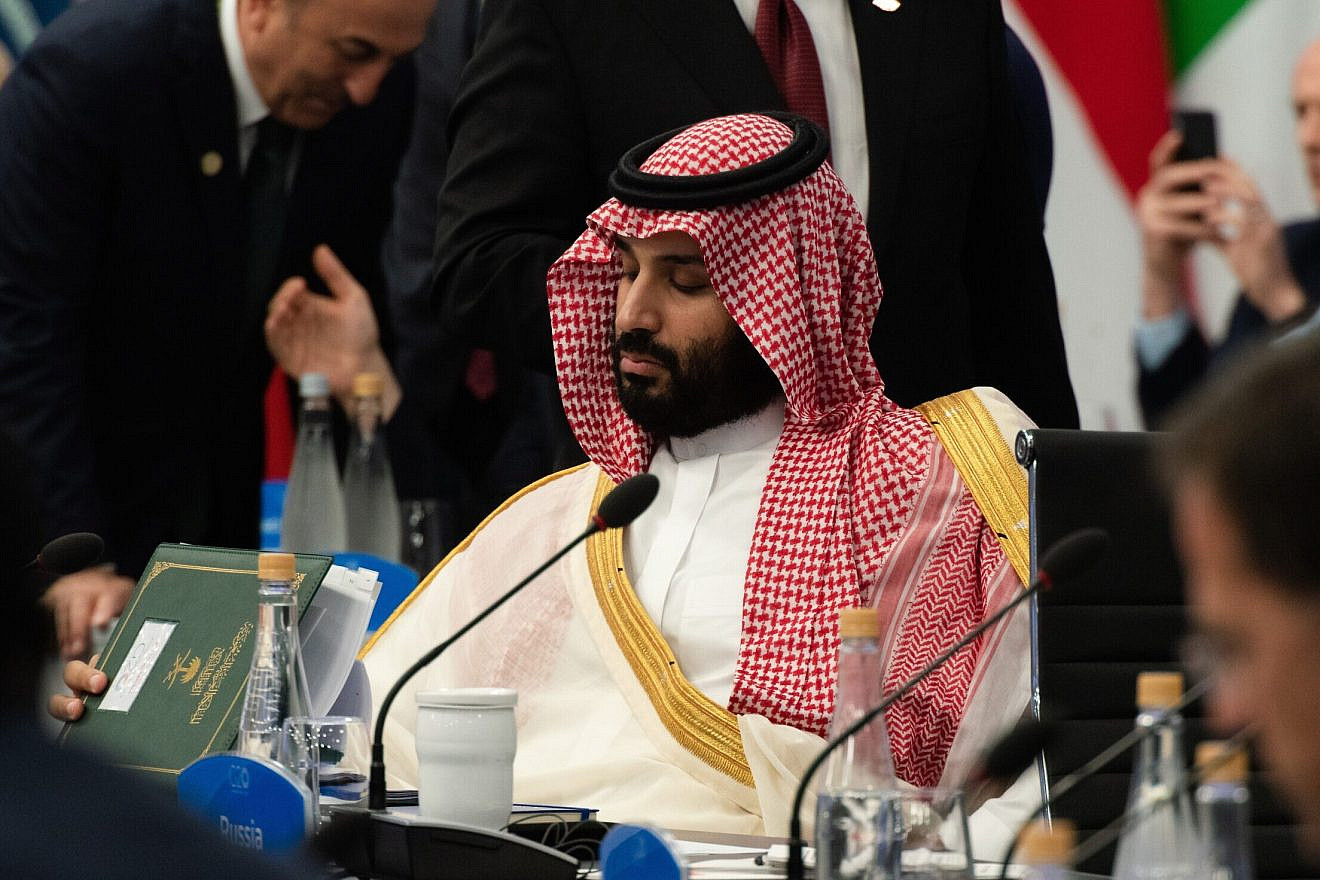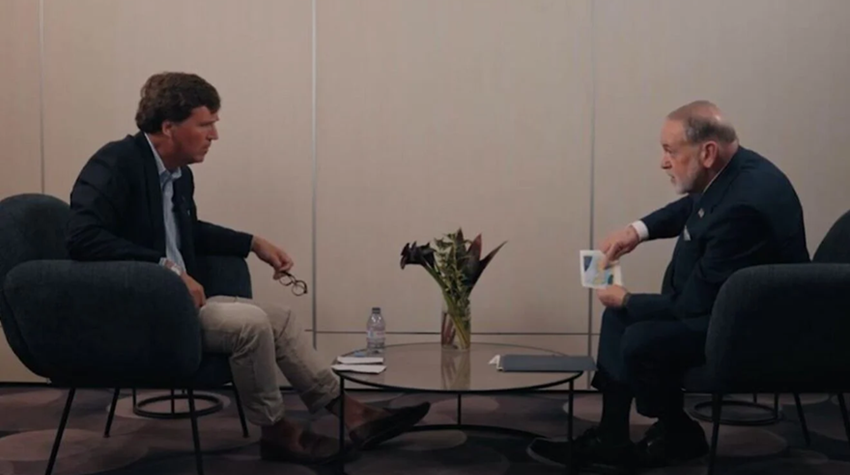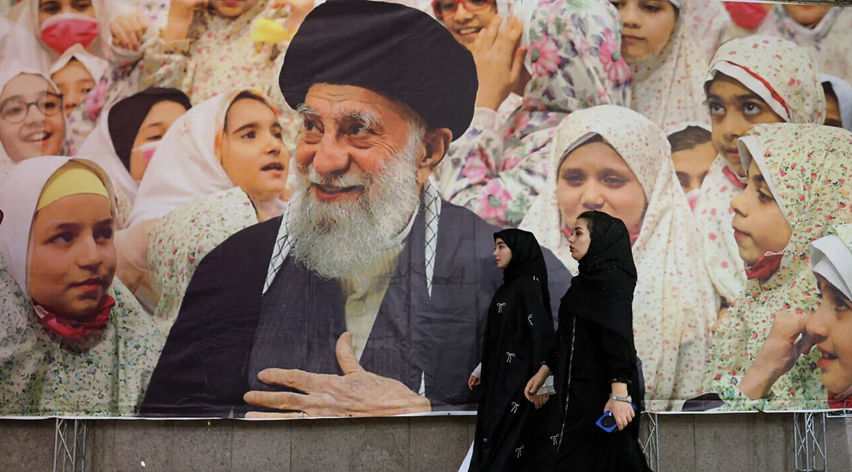Saudi Arabia Crown Prince Mohammad bin Salman at the G20 meeting in Buenos Aires, Argentina, on Nov. 20, 2018. Credit: Matias Lynch/Shutterstock.
By Eyal Zisser
The peace train between Israel and Saudi Arabia has long left the station, but it is traveling at Riyadh’s speed: Two steps forward, one step back. It is still unclear when it will reach its final destination.
The Saudis, true to their cautious approach, have been engaged in doublespeak. They have expressed interest and even hope that normalization with Israel will happen, seeing the Jewish state as an anchor for regional stability. At the same time, they have presented a laundry list of conditions that would make such a prospect hard to achieve, even impossible. In addition, they have been embracing the members of the Middle East’s axis of evil, starting with Syria and ending with Iran, with which it has recently reinstated diplomatic relations after a long hiatus.
Despite the lack of clarity, the question is not whether Israel-Saudi peace is feasible or even desired. That Rubicon was crossed a long time ago. The question is how long before it takes place.
Relations between the two countries have been moving forward at a sluggish pace, but the momentum continues. Thus, for example, the Saudis have allowed Israeli airlines overflight rights. Dialogue and cooperation on security matters continue on a path separate from the wobbly diplomatic one.
Yes, the hope for a quick breakthrough in relations has faded, and instead of an Israeli embassy in Riyadh, an Iranian embassy has been inaugurated. Having said that, as far as the Saudis are concerned, there is no contradiction: For them, renewing ties with Iran should not come at the expense of ties with Israel. In fact, they believe it might actually help this effort.
The Saudis continue to view Iran as an existential threat and have no trust in it. But they prefer to conduct this rivalry in a situation in which they have diplomatic relations rather than through a head-on collision for everyone to see. When Iran attacked oil containers and refineries in Saudi Arabia over the past several years, the Saudis were left to their own devices. Washington refused to help. Riyadh, it seems, doesn’t want to see a situation in which it is dragged into a conflagration with Iran all by itself.
Just like the UAE, which has friendly relations with Bashar Assad and Iran even as it maintains diplomatic ties with Israel, so too does Saudi Arabia see no contradiction in this. We must keep in mind that, in the Middle East, there is no such thing as a free lunch. The Saudis expect something in return, and the problem is that the U.S. is the one that will have to pay for it or at least part of it. Washington has not shown any enthusiasm for doing so, and it has continued to be critical of the Saudi regime because of human rights violations. Moreover, it is not keen on providing Saudi Arabia with advanced weaponry or allowing the Saudi nuclear program to move forward.
The fact that Israel is consumed by political turbulence has not helped. But we must not give up on Saudi Arabia. This is a critical linchpin, and perhaps the most important Arab country these days. Israel-Saudi peace will herald the end of the Israeli-Arab conflict and at the same time deal a deadly blow to Palestinian efforts to fight Israel. The Saudis, just like the rest of the Arab world, have had enough of the Palestinians.
Nonetheless, Saudi Arabia has ambitions to lead the Islamic world and its rulers have to be attuned to the voices at home, popular opinion and what the clerical establishment, which has been a key part of the country’s foundation, has to say.
That’s why Riyadh has been extra wary of taking the leap. Apart from that, unlike Jordan or Morocco—which have had ties and even close security coordination with Israel for dozens of years—the Saudis have no history of relations with Israel that can serve as a foundation.
We should not be surprised to learn that a breakthrough between Riyadh and Jerusalem has been achieved after all, but it would be more reasonable to expect baby steps. Peace between the two countries will eventually come.
Eyal Zisser is a lecturer in the Middle East History Department at Tel Aviv University.
Source: JNS, originally published by Israel Hayom.


































